Even after war with Israel, could Iran still build nuclear weapons?
3 min readThe conflict erupted on June 13, 2025, when Israel initiated a surprise air campaign, the Operation Rising Lion, striking over 100 sites in Iran, including nuclear facilities, military bases, and infrastructure.
However, US President Donald Trump confirmed on June 22 that the United States military has carried out air strikes on three nuclear facilities in Iran, marking a significant escalation and a direct entry into Israel’s ongoing military campaign against Iran.
A US-brokered ceasefire took effect in stages on June 24: Iran stopped fire first, followed by Israel after approximately 12 hours.
Though both countries publicly accepted the truce, tensions and mutual distrust remain high.
According to The Washington Post, the US intercepted communications in which top Iranian officials admitted that the recent attacks did not cause as much damage as they had expected.
In a separate interview with CBS, Iran’s ambassador to the UN, Amir-Saeid Iravani, stated that Iran will never halt its uranium enrichment, claiming it is the country’s undeniable right to pursue nuclear activities for peaceful purposes.
There can be a positive opinion that Iran can build nuclear weapons as they have supporting materials (nuclear facilities and uranium), which can back this thought.
Iran has enriched uranium to 60% purity, close to weapons-grade (90%). Experts say it could produce enough fissile material for one bomb in days to weeks.
In the making of a nuclear weapon or bomb, there is a need for warhead design, a delivery system (missile or aircraft) and miniaturization.
But, Western intelligence claimed that Iran has not yet mastered all these steps, though it may be close.
Israel and the US have said they will not allow Iran to acquire a nuclear weapon and have attacked Iranian facilities to delay progress (most recently in June 2025).
In its making of nuclear, Iran cannot develop the weapons in secrecy as Israel penetrated deep, for instance, killing of the architect of a dormant nuclear weapons project known as Project Amad, Mohsen Fakhrizadeh.
“Iran’s principal challenge in pursuing a covert pathway is going to be keeping it hidden from U.S. and Israeli detection,” a former intelligence official now with the Nuclear Threat Initiative, Eric Brewer, said.
“That’s the key challenge, because both countries, particularly Israel, have demonstrated an ability to penetrate Iran’s nuclear program,” he added. “And Israel has demonstrated an ability to use kinetic force to take it out.”
In 2002,Iran had secretly built nuclear facilities in Natanz and Arak, raising international concerns about its potential to develop an atomic bomb. The National Council of Resistance of Iran exposed the sites, prompting inspections by the International Atomic Energy Agency (IAEA).
These disclosures triggered global scrutiny, leading to years of diplomatic negotiations, sanctions, and efforts to limit Iran’s nuclear capabilities under the Non-Proliferation Treaty (NPT).
For the latest news, follow us on Twitter @Aaj_Urdu. We are also on Facebook, Instagram and YouTube.







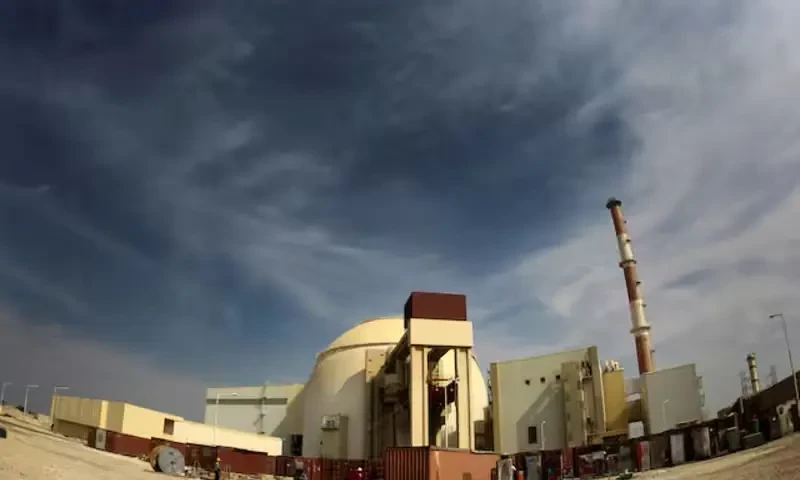













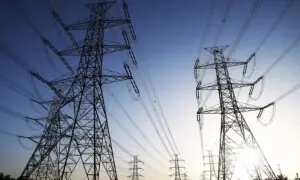
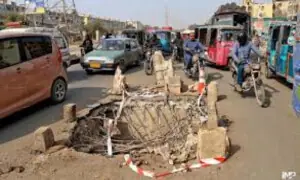

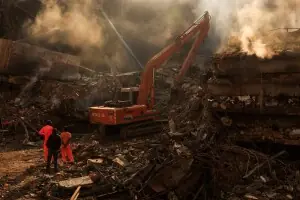
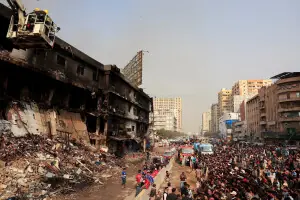
Comments are closed on this story.